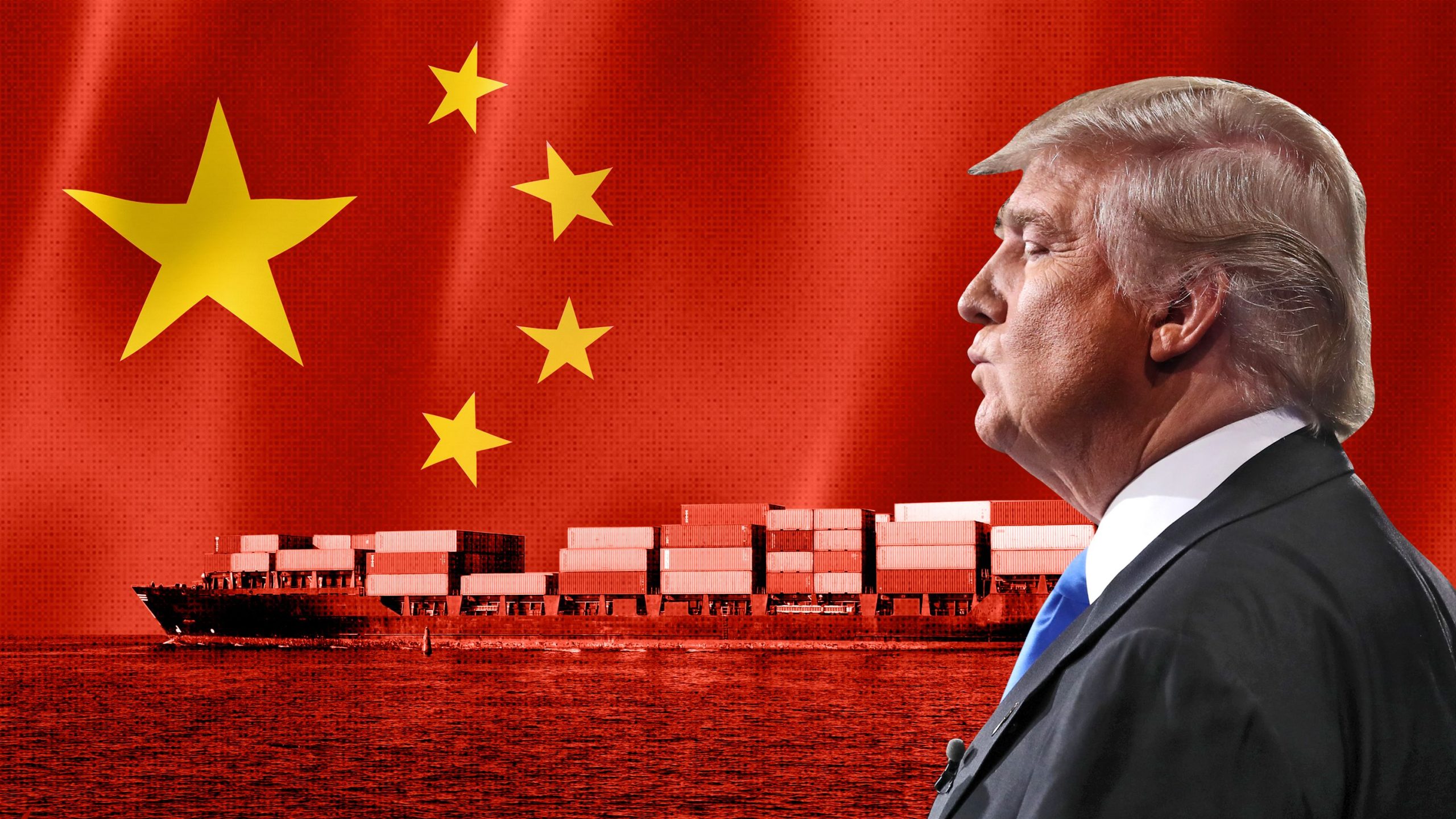President Donald Trump has billed his sweeping new tariffs as a tool to “create jobs in the US” and strengthen the American economy. But experts and exporters warn the opposite is happening: producers across the world are pivoting toward China and other markets while US consumers face higher prices on everyday staples.
Agricultural brokers told the BBC they’ve seen a surge of exporters seeking Chinese buyers since Washington imposed steep tariffs this summer. Brazil, the world’s largest coffee producer and a crucial supplier of beans to US roasters, was hit with a punishing 50% import tax. That move, according to supply chain specialist Hugo Portes, risks driving Brazilian sellers directly into Beijing’s arms.
Brazil sends about one-third of all coffee consumed in the US. With tariffs raising costs, exporters are scrambling to redirect roughly eight million bags of beans once destined for American cafes. In July alone, more than 180 Brazilian firms registered to export coffee to China, an unprecedented shift.
The country’s billion-dollar supply deal with Luckin Coffee, China’s fast-growing rival to Starbucks, only accelerates that trend.
For US coffee drinkers, the fallout will be immediate: a five-pound bag of Brazilian beans could rise by 25%, coffee consultant Luke Waite estimated. Cafes may shield customers from the full impact, but prices per cup are still expected to climb around 7%.
And Brazil is not alone. India, slapped with 50% tariffs on seafood and tea after Washington penalized New Delhi for purchasing Russian oil, is also looking east. The Seafood Exporters Association of India warned that many smaller US buyers have paused orders entirely.
“China is our next-biggest market and it will grow,” said K. N. Raghavan, the group’s secretary-general. “It will be a difficult time, but diversification is the only path forward.”
Industry leaders say Europe, where India is negotiating a free trade pact, is also emerging as a destination. But exporters fear African competitors could outbid them in the long run.
Meanwhile, American companies warn that Trump’s tariffs risk backfiring at home. US seafood firms argue domestic waters cannot supply demand, while Walmart has cautioned it will be forced to raise prices on food and household goods. For now, importers are locked in: “US buyers have already put their money down, even with the 50% tariff in mind,” said Abuthahir Aboobakar, sales director of India’s Jeelani Marine Products.
Analysts say the bottom line is simple: far from reviving domestic industry, Trump’s tariffs are driving global exporters into China’s embrace while passing the costs to American shoppers.














